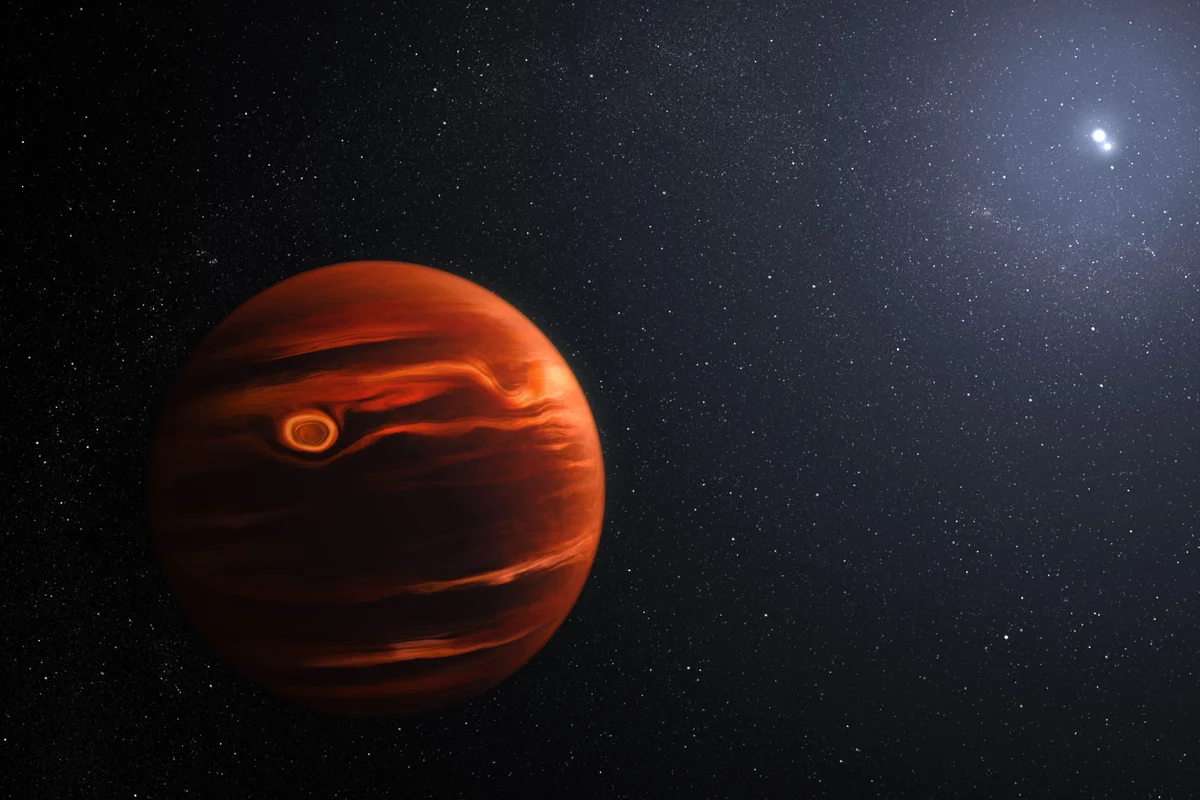In a groundbreaking discovery that could reshape our understanding of the universe, scientists have announced the detection of what they call the “most compelling evidence to date” of potential life on a distant exoplanet. The findings, published in a high-profile astronomical journal, have ignited excitement and cautious optimism among researchers searching for extraterrestrial life.
The Key Discovery
Using advanced telescopes and spectroscopic analysis, an international team of astronomers identified biosignature gases—chemical compounds often associated with biological activity—in the atmosphere of K2-18b, a habitable-zone exoplanet located 124 light-years from Earth. Most notably, they detected dimethyl sulfide (DMS), a molecule that, on Earth, is primarily produced by marine phytoplankton.
“This is by far the strongest hint of life we’ve seen on an exoplanet,” said Dr. Jane Foster, lead researcher of the study. “While we must rule out non-biological sources, the presence of DMS alongside other potential biomarkers like methane and carbon dioxide makes this an incredibly exciting target.”
Why This Exoplanet Stands Out
K2-18b, first discovered in 2015, is a Hycean world—a type of exoplanet with a hydrogen-rich atmosphere and a vast liquid water ocean. These conditions are considered ideal for hosting microbial or even more complex life forms.
- Size & Type: About 2.6 times larger than Earth, orbiting a cool dwarf star.
- Habitable Zone: Lies in the “Goldilocks zone,” where temperatures could allow liquid water.
- Atmospheric Composition: Contains water vapor, carbon dioxide, methane, and now, possibly, DMS.
Cautious Optimism
While the findings are extraordinary, scientists emphasize that further observations are needed to confirm whether these gases truly indicate life. Upcoming missions, like NASA’s James Webb Space Telescope (JWST), will conduct deeper atmospheric studies to validate the results.
“We’re not saying we’ve found alien life—yet,” cautioned Dr. Michael Chen, an astrobiologist involved in the research. “But this is the closest we’ve come to answering humanity’s oldest question: Are we alone in the universe?“
What’s Next?
The scientific community is already planning follow-up studies to:
- Confirm the presence of DMS with additional spectral data.
- Search for other biosignatures, such as oxygen or unusual chemical imbalances.
- Investigate alternative explanations, like geological or photochemical processes.
If future observations strengthen the case for life, K2-18b could become the first confirmed exoplanet hosting extraterrestrial organisms—a discovery that would forever change our place in the cosmos.
“This is just the beginning,” said Dr. Foster. “The universe may be far more alive than we ever imagined.”



